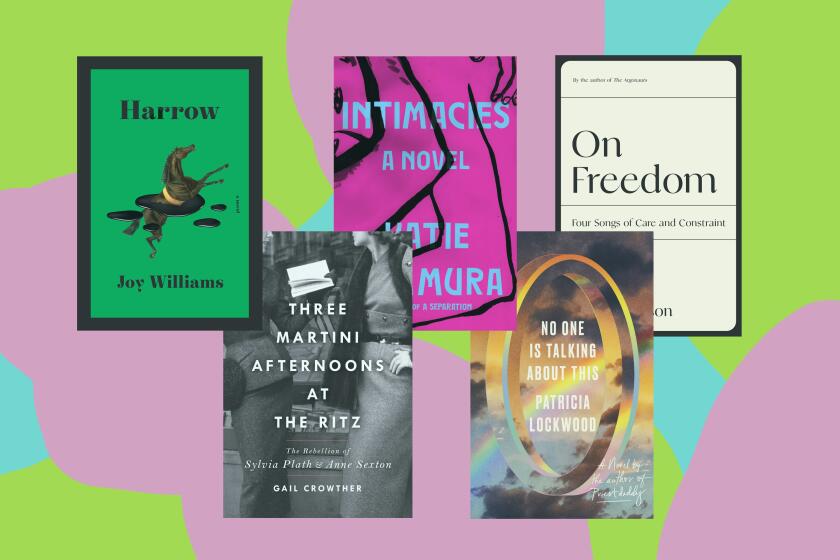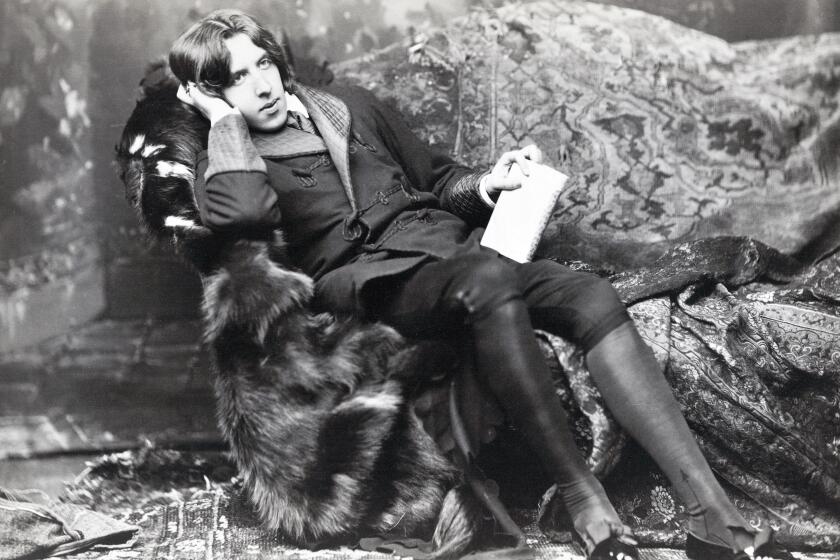The 5 best nonfiction books of 2021 according to Mary Ann Gwinn
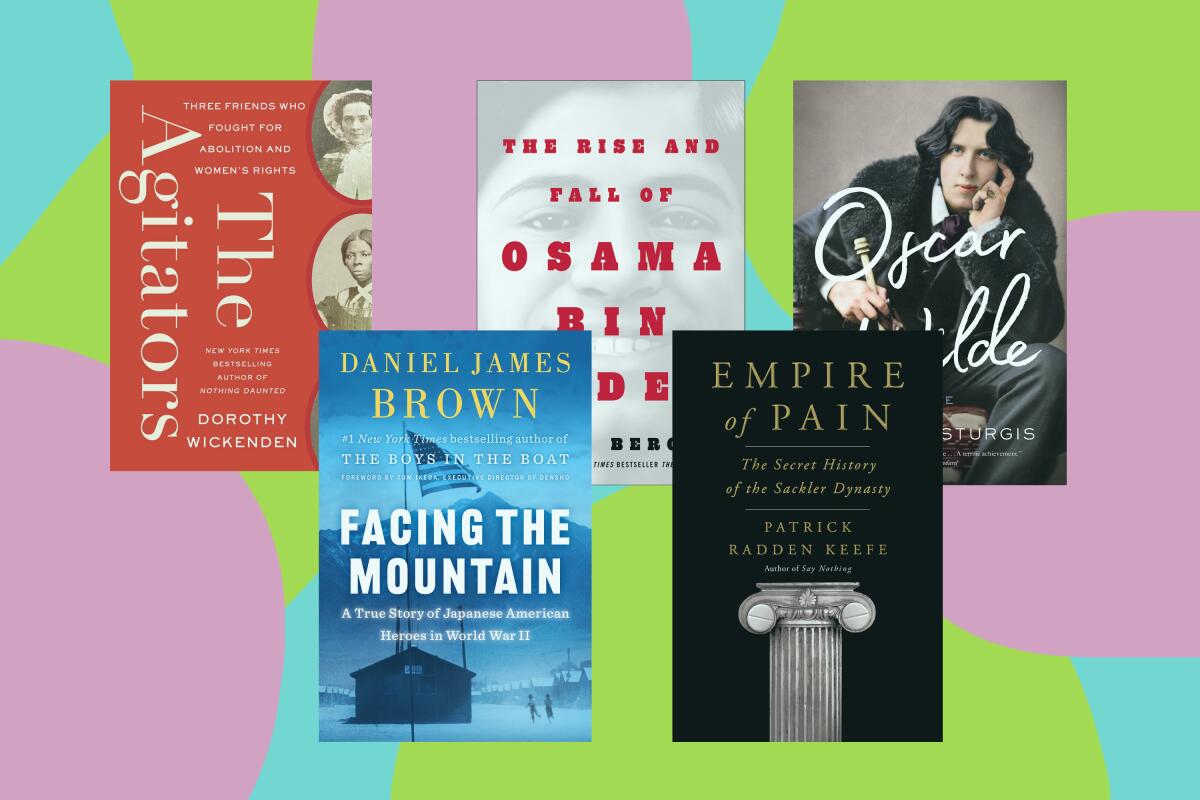
As 2021 comes hobbling to an end, we ask four book critics to pick their favorites from a very fruitful year (at least where books are concerned). Here are Mary Ann Gwinn’s five favorite works of nonfiction.
If you buy books linked on our site, The Times may earn a commission from Bookshop.org, whose fees support independent bookstores.
As 2021 comes hobbling to an end, we ask four book critics to pick their favorites from a very fruitful year. Here are Mark Athitakis’ top 5.
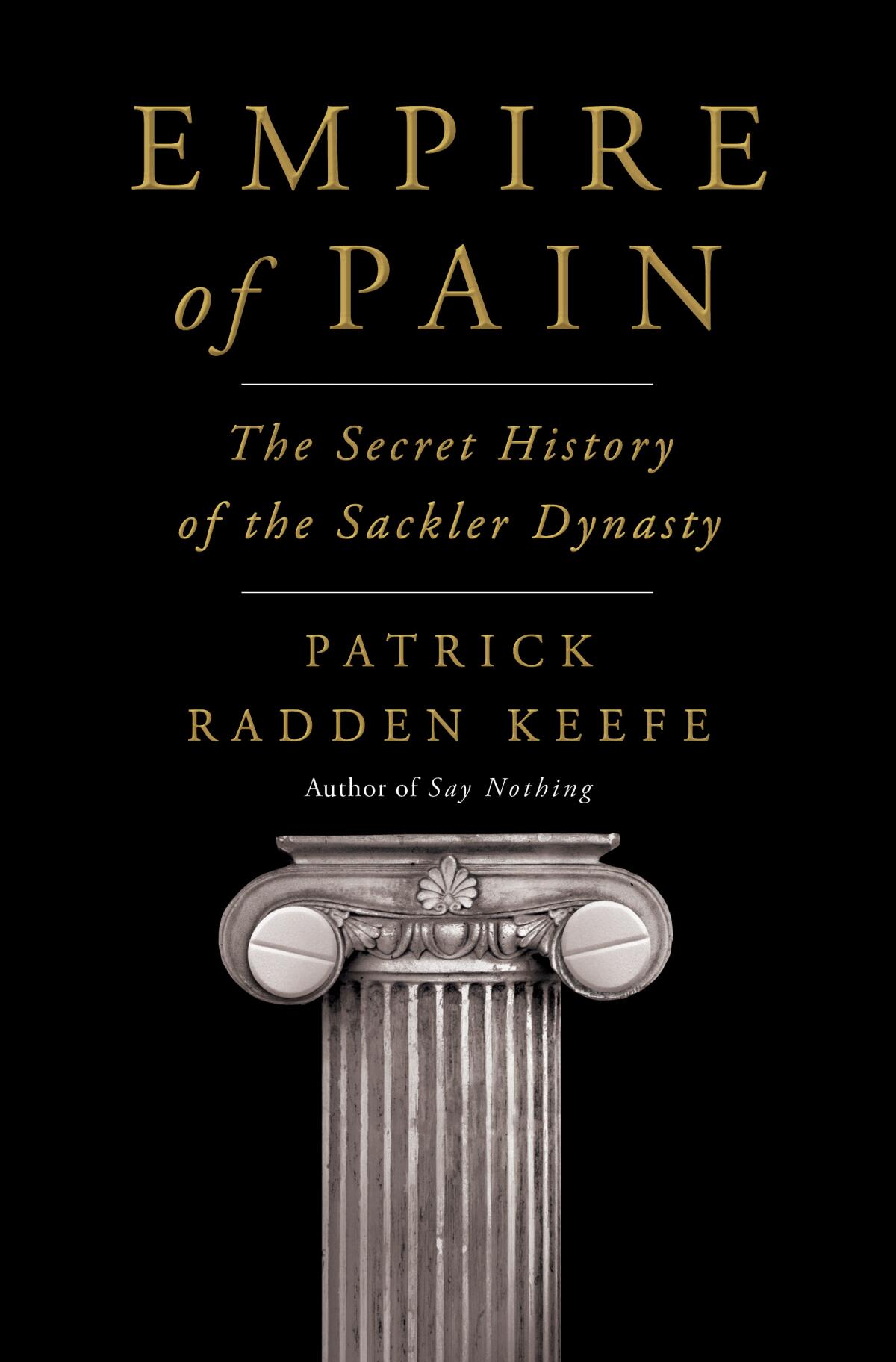
Empire of Pain: The Secret History of the Sackler Dynasty
By Patrick Radden Keefe
Doubleday: 560 pages, $33
A meticulously reported, beautifully written indictment of the Sackler family and its influence on Big Pharma over the decades, culminating with its complicity in and outrageous profiteering from the opioid epidemic. Keefe, a longtime New Yorker writer and the author of the IRA chronicle “Say Nothing,” is a master of the nonfiction form.
…
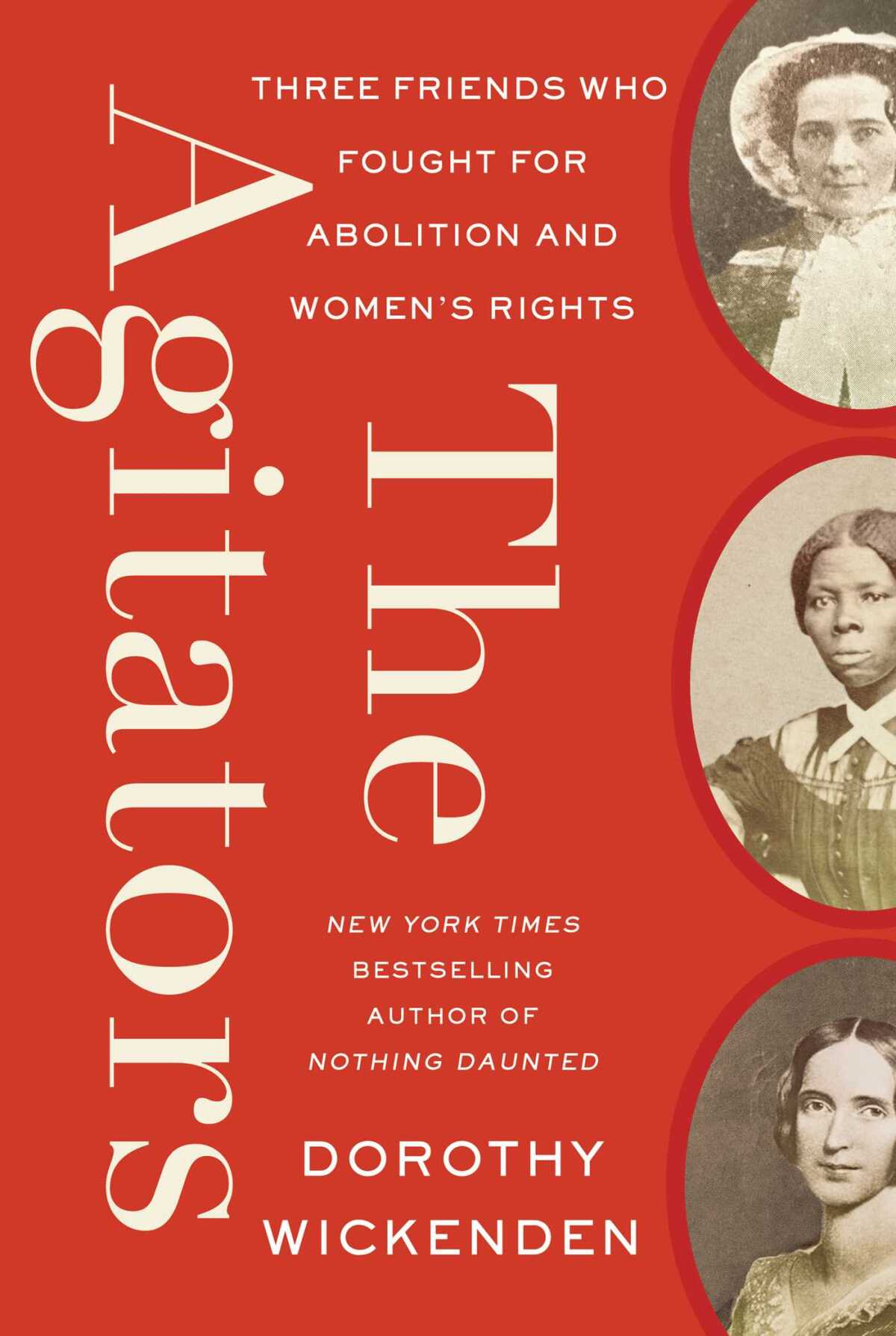
The Agitators: Three Friends Who Fought for Abolition and Women’s Rights
By Dorothy Wickenden
Scribner: 400 pages, $30
Wickenden, executive editor of the New Yorker, does an almost perfect job of braiding together the stories of three very different women: Frances Seward, wife of Lincoln’s secretary of State; feminist Martha Coffin Wright; and Harriet Tubman, one of the bravest women you will encounter. These longtime friends risked their reputations and their lives in the service of abolishing slavery.
…
As 2021 nears the end, we ask four book critics to pick their favorites from a very fruitful year. Here are Jessica Ferri’s top five.
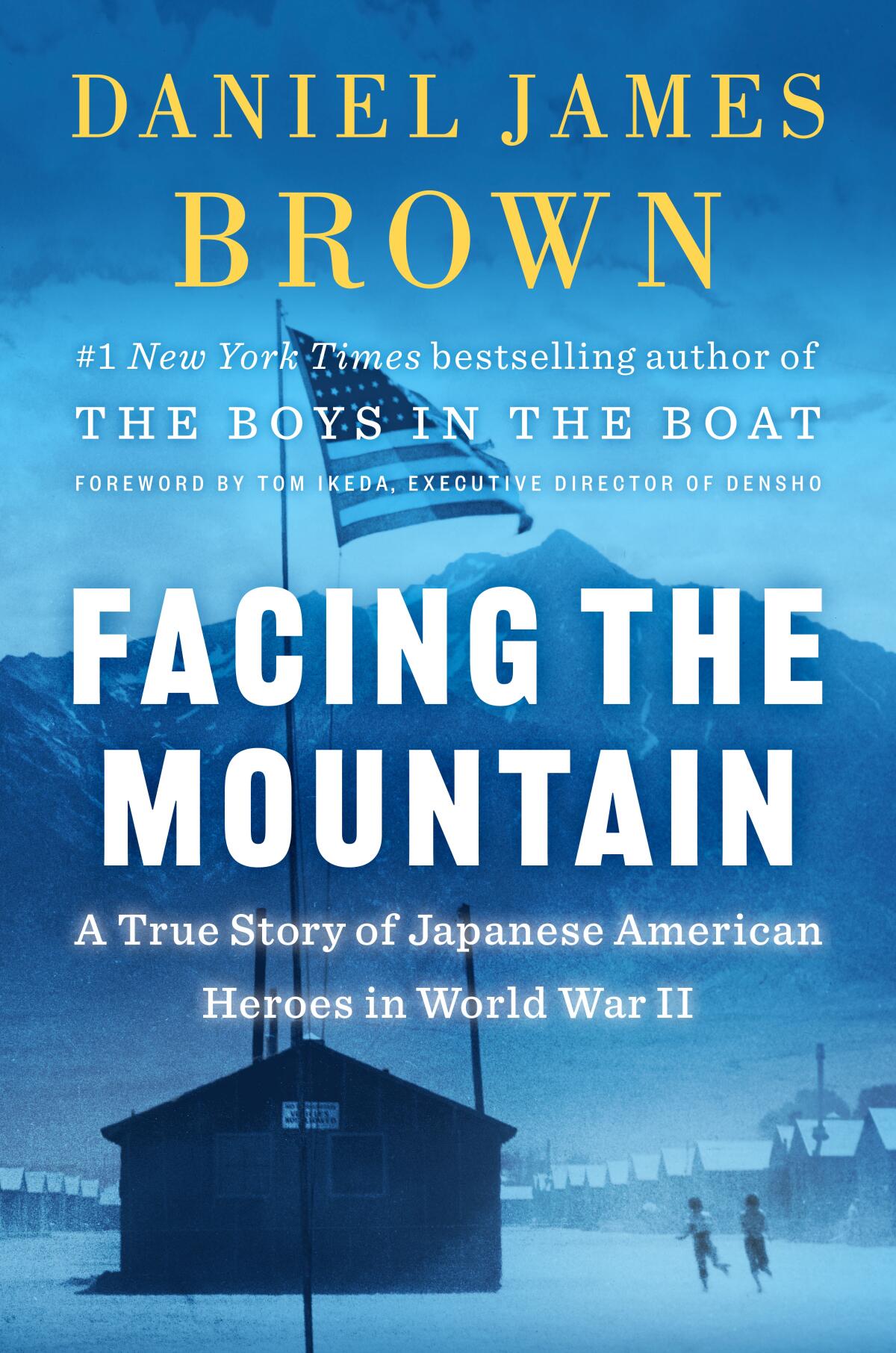
Facing the Mountain: A True Story of Japanese American Heroes in World War II
By Daniel James Brown
Viking: 560 pages, $30
The author of the mega-bestseller “The Boys in the Boat” tells three separate stories centering on Japanese Americans during World War II: of the West Coast families incarcerated by the government; of the young men who enlisted and faced some of the worst fighting of the war; and of a young war resister dedicated to fighting both the unfair treatment of Japanese Americans and the war itself. A deeply resonant history, both inspiring and disturbingly relevant to our current predicaments.
…
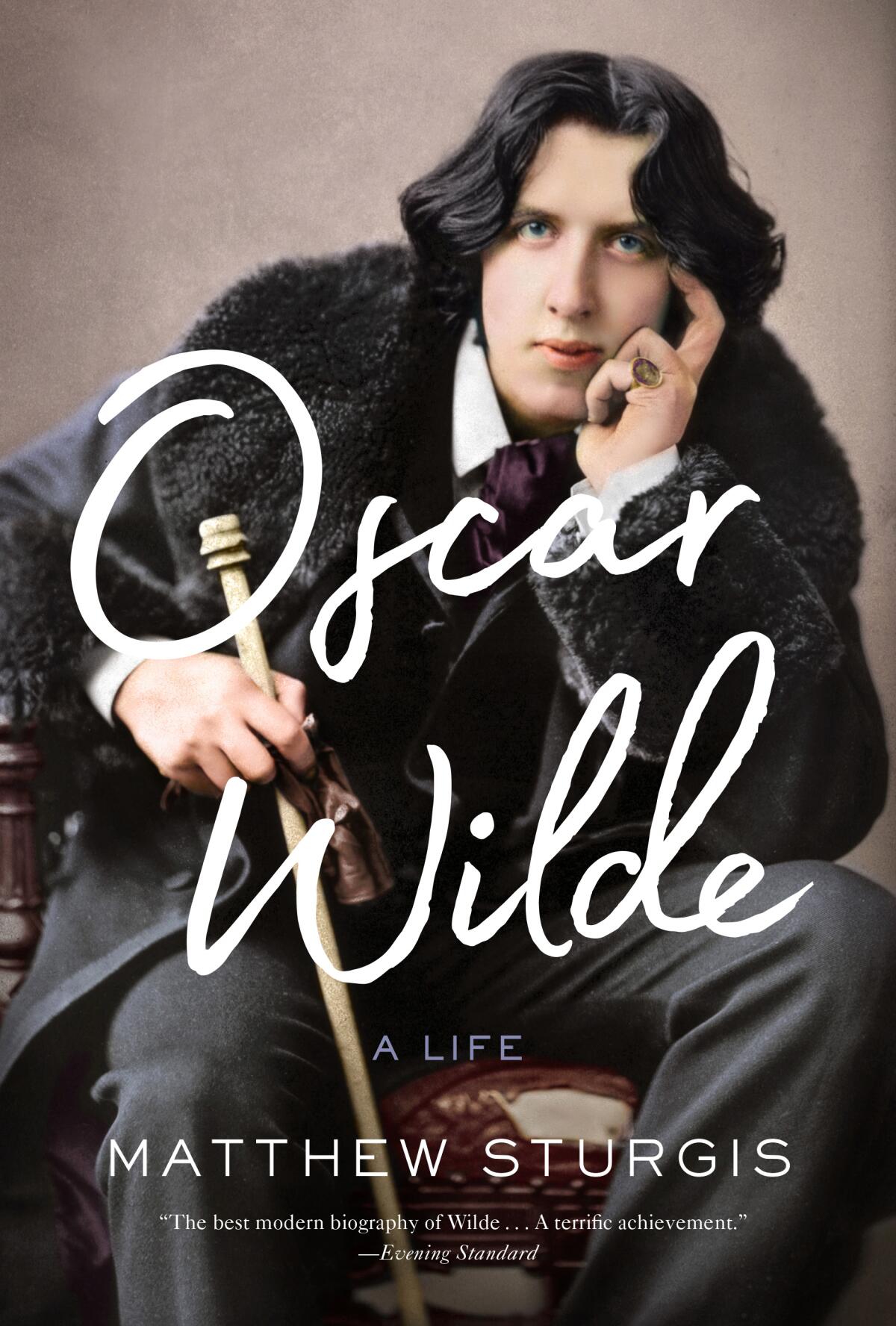
Oscar Wilde: A Life
By Matthew Sturgis
Knopf: 864 pages, $40
Sturgis, an expert on the Victorian era, masterfully re-creates Wilde’s milieu; the reader feels like they’ve grabbed a seat in the theater of the wit’s meteoric rise and tragic fall. The author also reveals Wilde as a deeply flawed human being, in a biography that does justice to its unforgettable subject.
…
Matthew Sturgis’ “Oscar Wilde: A Life” exceeds its predecessors on two fronts — sketching late Victorian London and chronicling Wilde’s sad downfall.
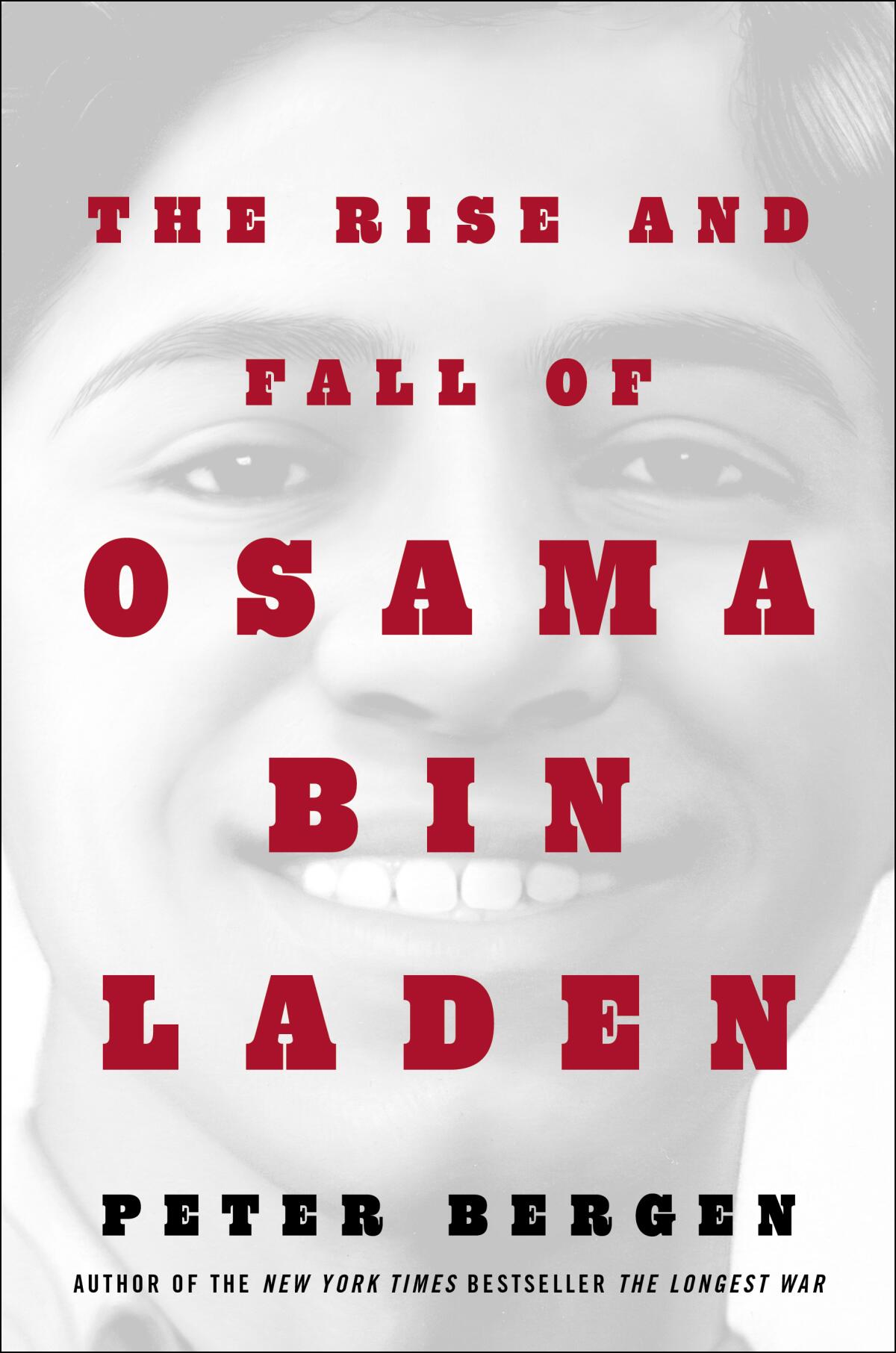
The Rise and Fall of Osama bin Laden
By Peter L. Bergen
Simon & Schuster: 416 pages, $30
Bergen’s study of Bin Laden began in the early 1990s, when he interviewed the Al Qaeda leader for CNN, and today he’s a world authority on the mastermind behind the 9/11 attacks. He writes with deep authority about Bin Laden’s family, rise to power and eventual assassination, as well as the many missteps in the U.S. government’s attempts to hunt him down. He also draws on a wealth of previously unavailable documents to reveal Bin Laden’s narcissism, his innovative use of the internet and the depths of his distorted worldview.
More to Read
Sign up for our Book Club newsletter
Get the latest news, events and more from the Los Angeles Times Book Club, and help us get L.A. reading and talking.
You may occasionally receive promotional content from the Los Angeles Times.

